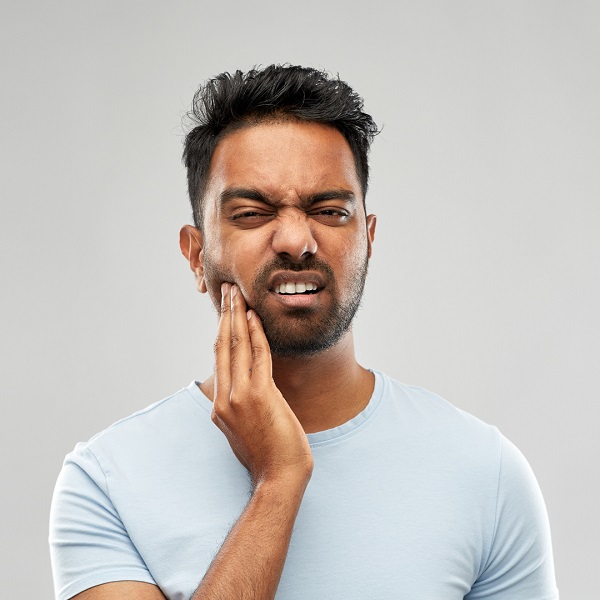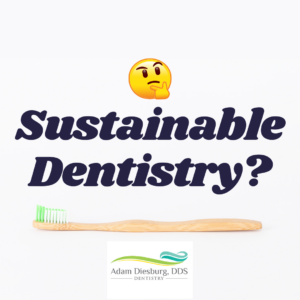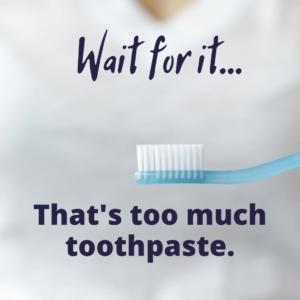Grinding your teeth can become a habit.
If you are waking up in the morning with your jaw hurting, or have noticed yourself clenching your teeth during the middle of the day or in times of stress, you might be developing what’s called bruxism, or teeth-grinding.
Teeth-grinding may be mild, and it may resolve on its own. But sometimes it may become so severe that the teeth grinder develops headaches, permanently alters his/her teeth, or a jaw disorder.
How do you know you might be grinding your teeth? Have you experienced any of these issues?
- Teeth grinding or clenching, which may be loud enough to awaken your sleep partner
- Teeth that are worn down, flattened, fractured or chipped
- Worn tooth enamel, exposing deeper layers of your tooth
- Increased tooth sensitivity
- Jaw pain or tightness in your jaw muscles
- Tired jaw muscles
- Earache, because of severe jaw muscle contractions, not a problem with your ear
- Headache
- Chronic facial pain
- Damage from chewing on the inside of your cheek
- Indentations on your tongue
If you think you might be grinding your teeth, you might want to know the causes of bruxism. Experts aren’t entirely sure what causes the habit, but it can step from a variety of factors, many of them psychological:
- Anxiety, stress or tension
- Suppressed anger or frustration
- Aggressive, competitive or hyperactive personality type
- Abnormal alignment of upper and lower teeth (malocclusion)
- Other sleep problems
- Response to pain from an earache or teething (in children)
- Complication resulting from a disorder, such as Huntington’s disease or Parkinson’s disease
- An uncommon side effect of some psychiatric medications, including certain antidepressants
When should you come in to see Dr. Diesburg at his McMinnville dentist office?
When you have:
- Tooth sensitivity, damaged or worn teeth
- Pain in your face, jaw or ear
- A partner who complains about your night-time teeth grinding
How can Dr. Diesburg help you?
Dr. Diesburg will give you a thorough exam and will ask you questions about your pain. He will be especially interested in learning about your general dental health, any daily medications you take for other issues, whether you routinely drink alcohol or caffeinated beverages, especially during the evening, and your sleep habits, especially about any unusual grinding sounds heard by your sleeping partner during the night.
Treatments for bruxism
Once we have diagnosed bruxism, Dr. Diesburg will recommend a variety of lifestyle changes, dental therapies or behavioral changes or dental re-alignments available to help with bruxism. Often, he will recommend that we make you a mouth guard customized to your mouth and your teeth.
Don’t wait to address jaw-clenching and teeth grinding. The habit can lead to permanent tooth damage and is easily treatable.
If you think you might be clenching your jaw at night, make at an appointment with Dr. Diesburg today, 503-472-2222.




